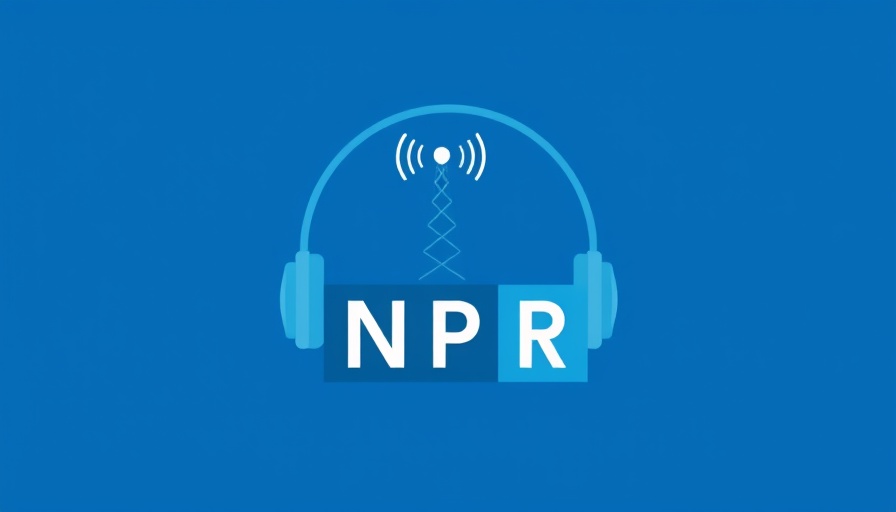
Unpacking the Recent Vaccine Policy Changes
In a series of controversial decisions last week, the Trump administration announced significant changes to vaccine policies that have spurred concern among healthcare professionals and the public alike. The latest adjustments focus primarily on COVID-19 vaccinations, imposing new studies that are predicted to limit access to vaccines, especially for healthy demographics like children and pregnant women.
What the Changes Entail
The first major announcement from federal health officials requires vaccine companies to conduct extensive new studies to prove the safety and efficacy of their COVID-19 vaccines, a move that many experts believe could complicate access considerably. As health correspondent Rob Stein pointed out, under these new guidelines, it may become increasingly difficult for anyone under the age of 65 or without health issues to receive the vaccines they wish to have. Furthermore, health secretary Robert F. Kennedy Jr. eliminated existing recommendations for healthy children and pregnant women to be routinely immunized against COVID-19. These actions have left many parents and health-conscious individuals feeling alarmed and frustrated.
The Wider Public Reaction
Experts, like Dr. Ashish Jha from the Brown University School of Public Health, vocalized significant concern around these policy shifts. He emphasizes that the changes seem to work against the collective effort established by the vaccination campaigns that have successfully reached billions, establishing a sense of safety and efficacy around the vaccines. He's not alone in this sentiment—numerous families who wish to remain vaccinated are expressing their outrage and discontent as they witness a reduction in public health access.
Connecting Vaccine Confidence with Community Well-Being
The decreasing access to vaccines is not merely a public health concern; it's a reflection of broader issues surrounding community health and wellness. Vaccination plays a critical role in preventing breakthrough infections within communities, leading to healthier outcomes overall. Keeping vaccine confidence high is essential for fostering enriched well-being. Public health experts argue that diminishing access undermines trust in vaccination programs, which is a crucial element of community health.
Understanding the Context: A Historical Perspective
Historically, vaccine confidence has ebbed and flowed, often influenced by political decisions and public health policies. As we navigate these latest changes, it’s important to recall the era of widespread vaccine hesitancy that characterized the early days of the COVID-19 pandemic. Engaging the public with transparency, regular communication about vaccine benefits, and debunking myths surrounding their safety is essential to avoid a regression to lower vaccination rates, which ultimately can affect public health.
The Path Forward: Innovations in Vaccine Delivery
As discussions around vaccines evolve, it’s crucial to consider innovations in health and wellness technology that can enhance vaccine accessibility. From mobile vaccination units to telehealth consultations, adapting to the needs of communities through modern solutions can help ensure these recent policy changes do not result in a drop in vaccination rates. Emphasizing corporate wellness programs and community initiatives can also foster a support network that encourages individuals to stay updated regarding vaccinations and health choices.
Conclusion: The Importance of Staying Engaged
As the landscape of health and wellness continues to shift, it’s vital for individuals to remain informed about the latest developments in vaccine policy and public health. By understanding these changes and their implications for personal and community health, we can all make informed decisions that prioritize well-being.
We invite our readers to stay engaged with updates surrounding health and wellness decisions. With knowledge comes power; being proactive about your health choices and staying informed about community health initiatives is essential.
 Add Row
Add Row  Add
Add 




 Add Row
Add Row  Add
Add 

Write A Comment